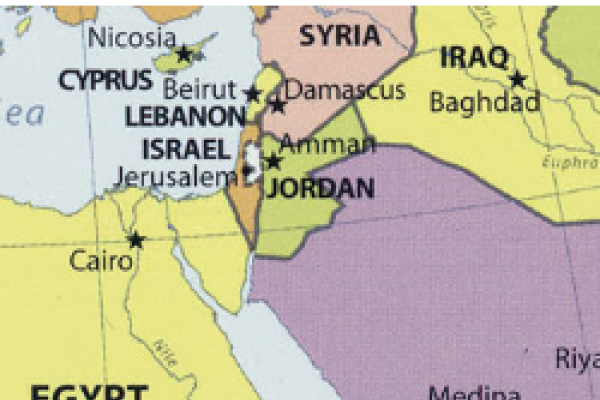
Wed, March 26, 2014
All Day
Columbus JCC, 1125 College Ave.
The Melton Center for Jewish Studies presents:
Mitchell Bard
Executive Director, American-Israeli Cooperative Enterprise
Just three years ago Israel was enjoying relative calm. The "cold peace" with Egypt and the treaty with Jordan remained intact. Syria remained technically at war, but hadn't fired a shot at Israel since 1973 and even Hezbollah in Lebanon was limiting its attacks on Israel to rhetorical ones. Yet seemingly overnight, everything changed. Today, Israel's peace treaty with Egypt may be in danger and it may face a radical Islamic regime on its southern border. The Syrian civil war could spill over into Israel and the next leader of Syria may be more hostile than the current president. Hezbollah has tens of thousands of missiles pointed at Israel that could be launched at any time. Overshadowing all of these dangerous developments is the prospect that Iran may build nuclear weapons and threaten both Israel and the Gulf States. Mitchell Bard, Executive Director of the nonprofit American-Israeli Cooperative Enterprise (AICE) and a foreign policy analyst will discuss the complex reality of today's Middle East.
Free, no rsvp necessary.
